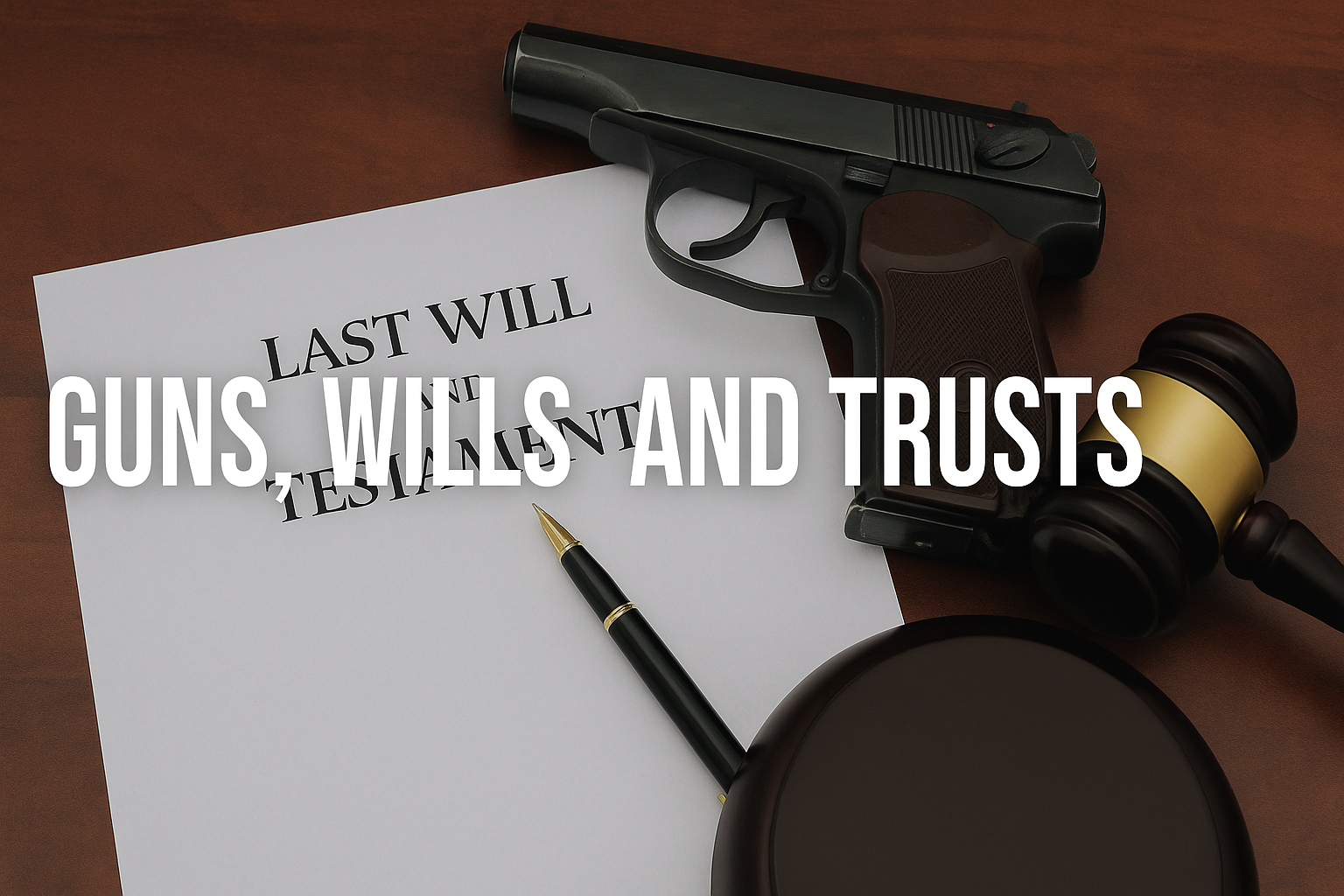A Statistical Overview
A study published by the Crime Prevention Research Center analyzed data from Florida and Texas, two states with substantial numbers of concealed carry permit holders. Between October 1, 1987, and June 30, 2017, Florida revoked 11,189 concealed handgun permits for misdemeanors or felonies, equating to an annual revocation rate of 10.4 per 100,000 permit holders. In Texas, during 2016, 148 permit holders were convicted of a felony or misdemeanor, resulting in a conviction rate of 12.3 per 100,000. When combined, these figures indicate that permit holders are convicted at less than a sixth of the rate for police officers, whose conviction rate stands at approximately 103 per 100,000. An Official Journal Of The NRA+2gvpedia.org+2OLIS+2
Understanding the Disparity
Several factors may contribute to the lower crime rates among concealed carry permit holders:
-
Rigorous Screening Processes: Obtaining a concealed carry permit typically involves comprehensive background checks, fingerprinting, and, in many cases, mandatory training courses.
-
Self-Selection Bias: Individuals who choose to carry concealed weapons legally may inherently be more law-abiding and conscientious.
-
Legal Accountability: Permit holders are acutely aware that any legal infractions could result in the revocation of their permits, providing a strong incentive to adhere strictly to the law.
Critiques and Counterarguments
While the data presents a compelling case, it’s essential to approach these findings with a critical eye:
-
Data Limitations: Some researchers argue that the data on police misconduct may be more thoroughly reported and scrutinized than offenses by civilians, potentially skewing comparisons.
-
Underreporting: There is a possibility that not all offenses committed by permit holders are detected or reported, leading to underestimation of actual crime rates.
-
Contextual Differences: Law enforcement officers operate in high-stress environments with frequent exposure to criminal elements, which may increase the likelihood of incidents compared to civilians.
Implications for Policy and Public Perception
The notion that concealed carry permit holders are exceptionally law-abiding challenges common perceptions and has significant implications:
-
Policy Development: Policymakers might consider these statistics when debating gun control measures, potentially advocating for responsible concealed carry practices.
-
Public Trust: Enhancing public understanding of the rigorous processes involved in obtaining a concealed carry permit could foster greater trust in permit holders.
-
Training Emphasis: The data underscores the importance of comprehensive training and education for permit holders to maintain high standards of responsibility.
Conclusion
While the debate over gun rights and public safety continues, the data suggests that concealed carry permit holders are, statistically, among the most law-abiding citizens. This insight invites a nuanced discussion on the role of responsible gun ownership in society and the potential benefits of well-regulated concealed carry programs.


